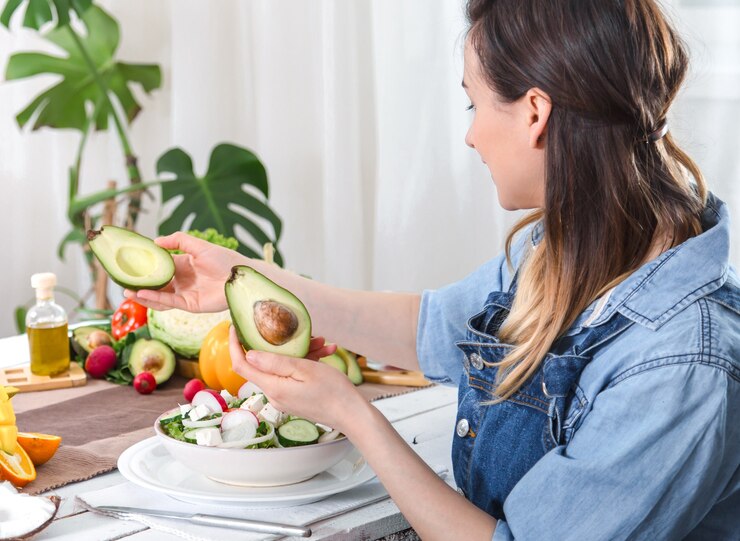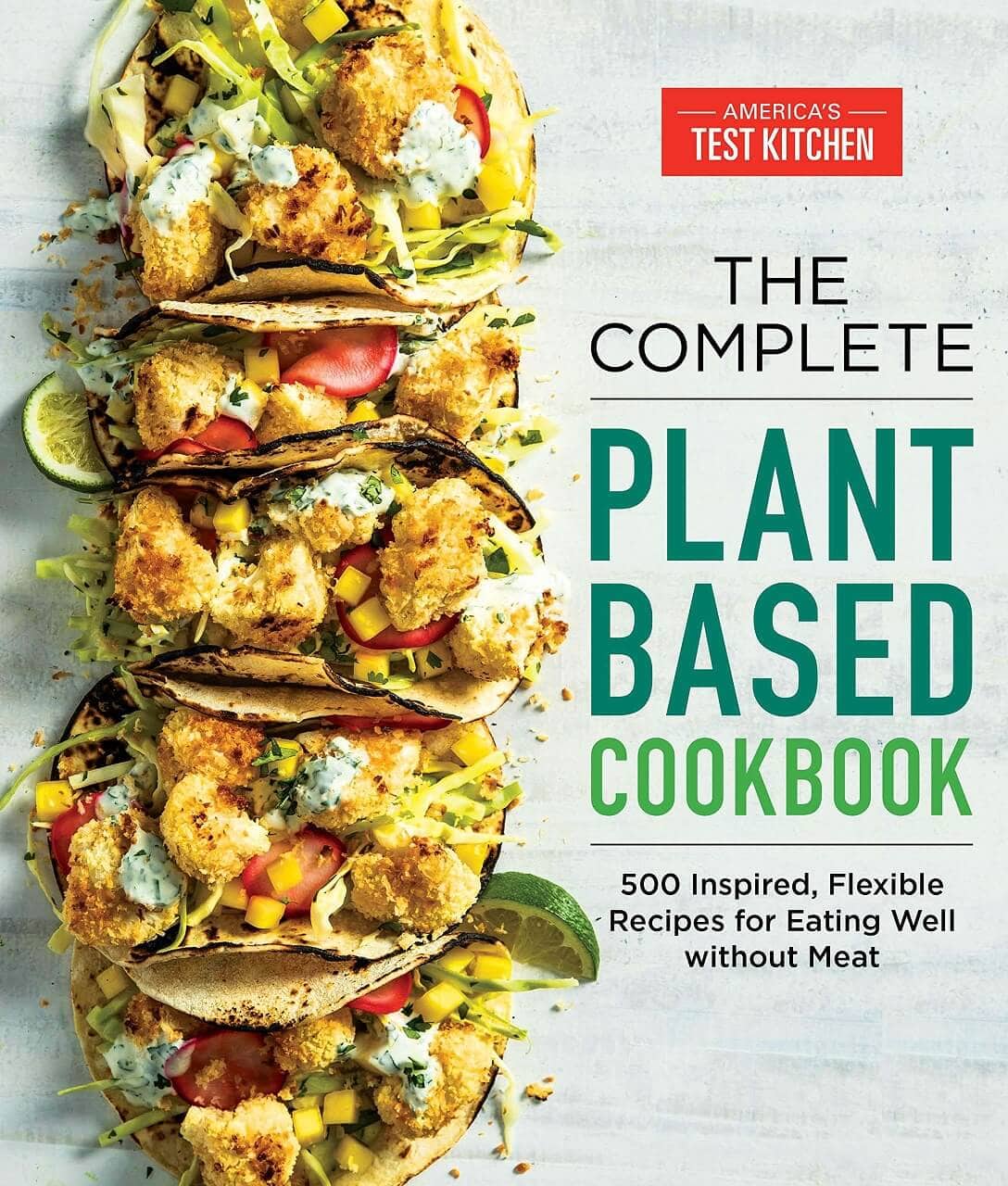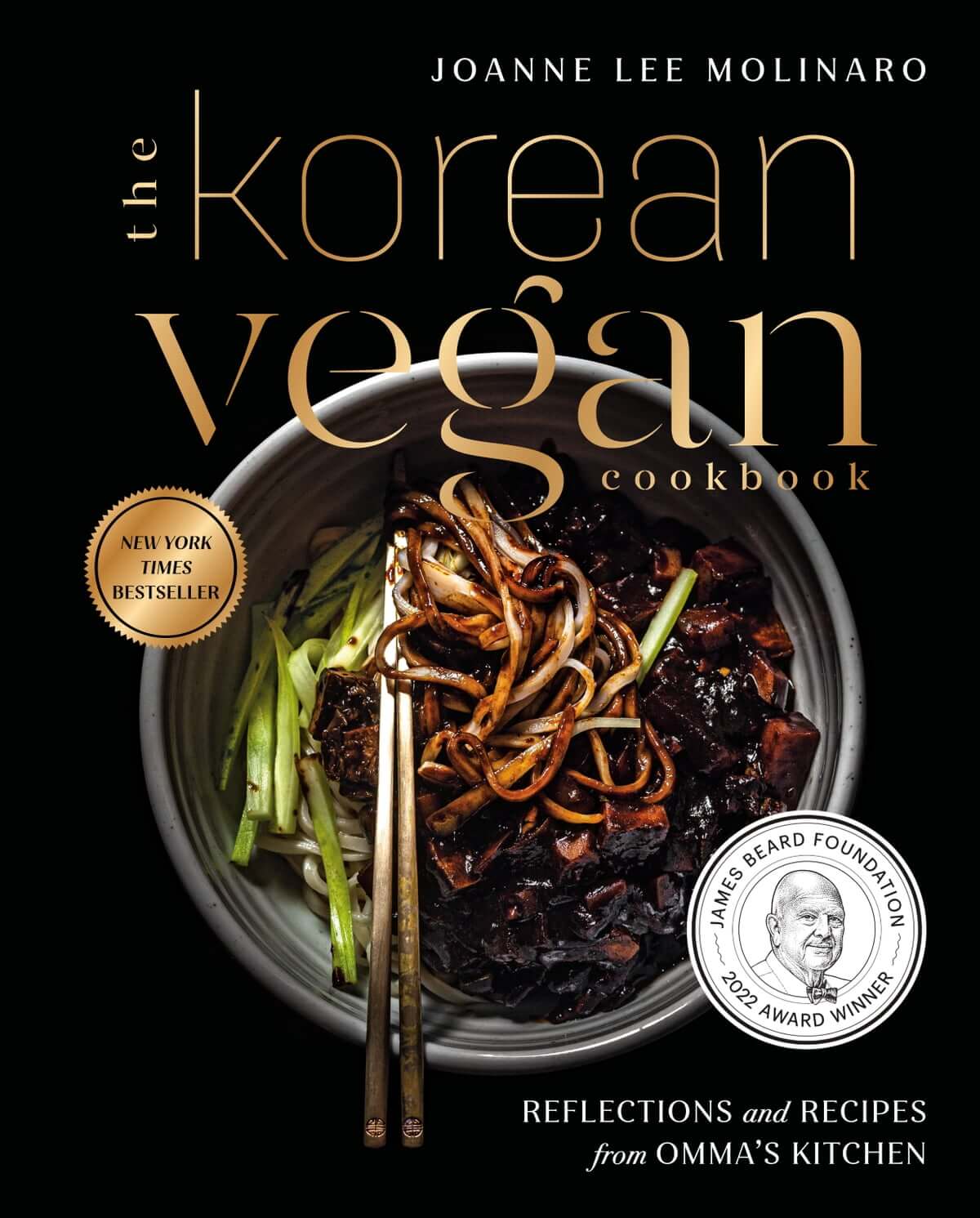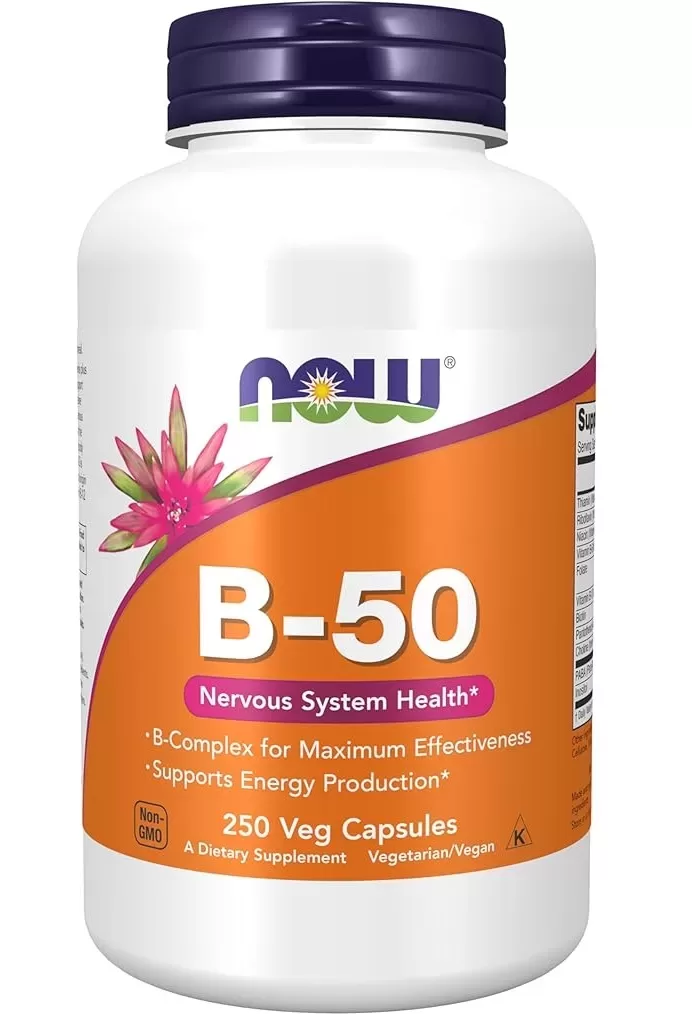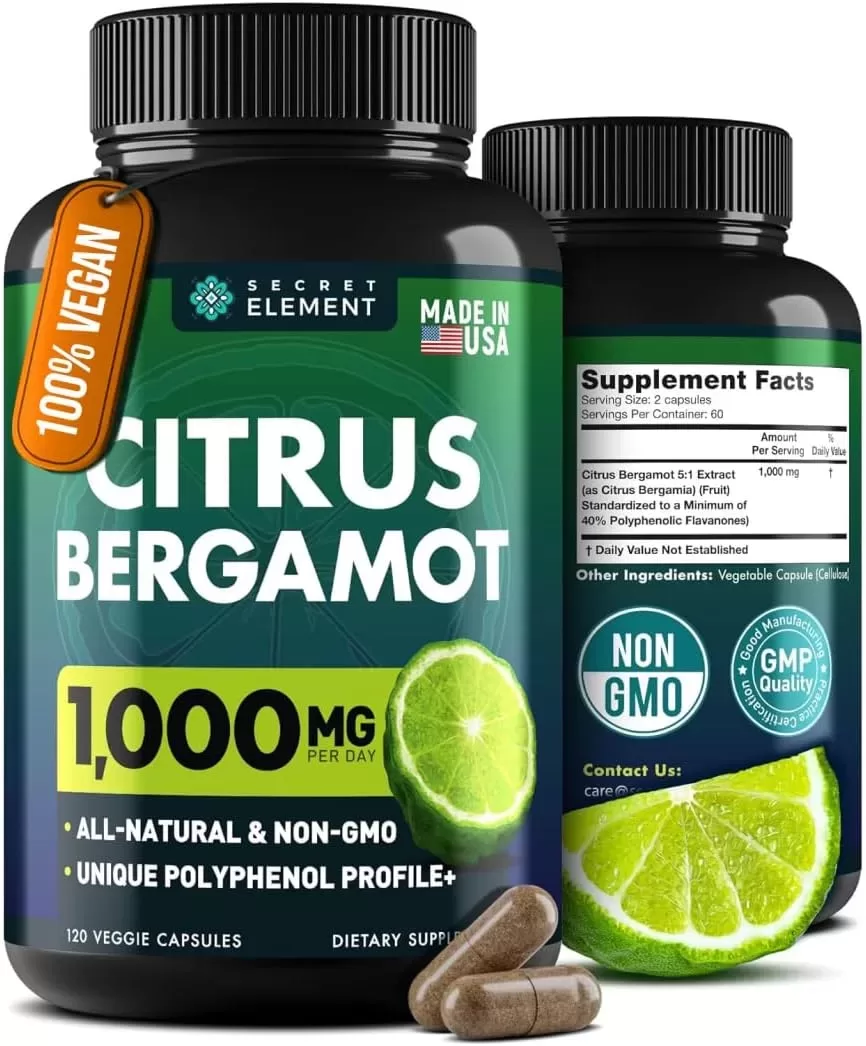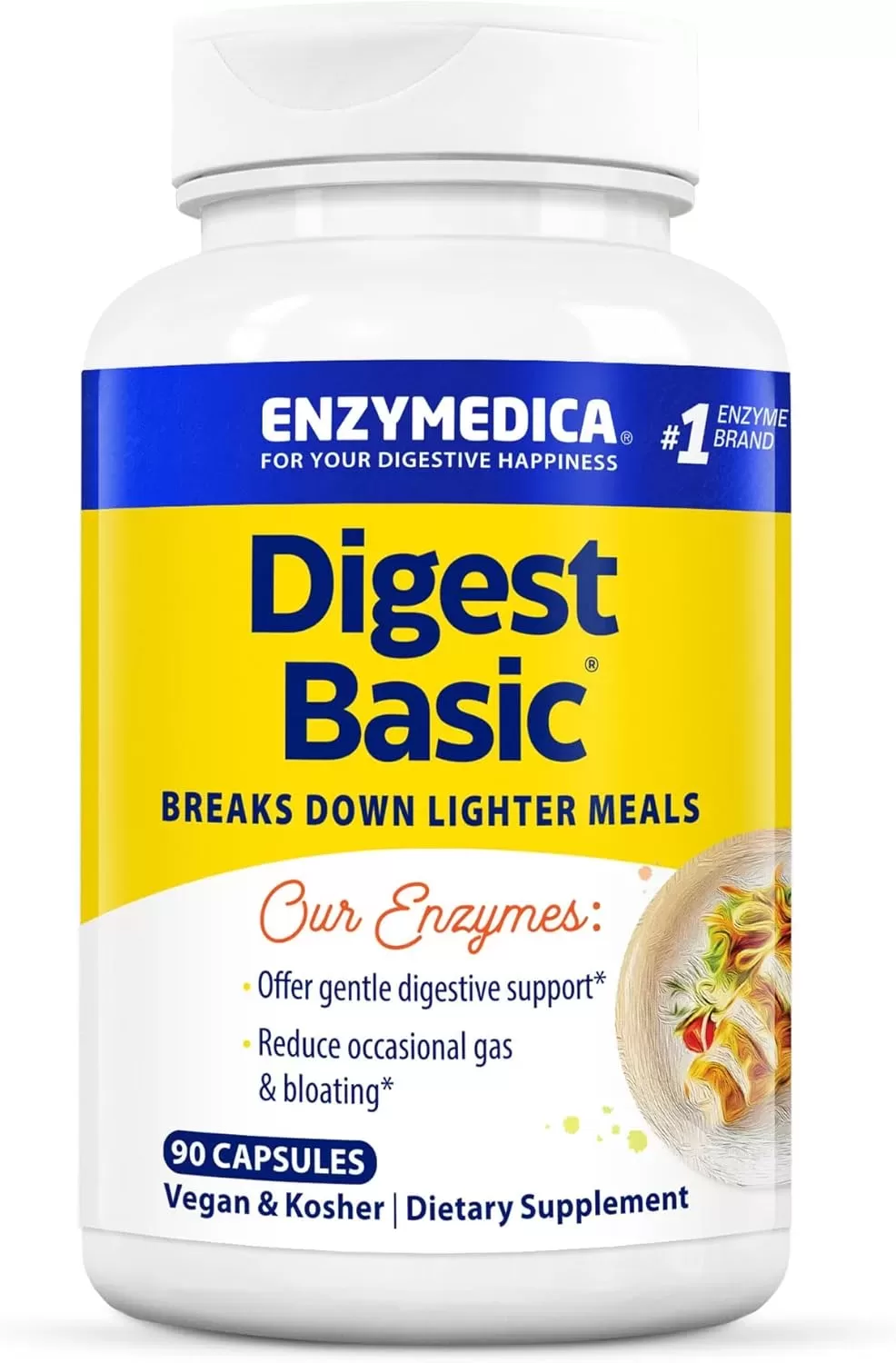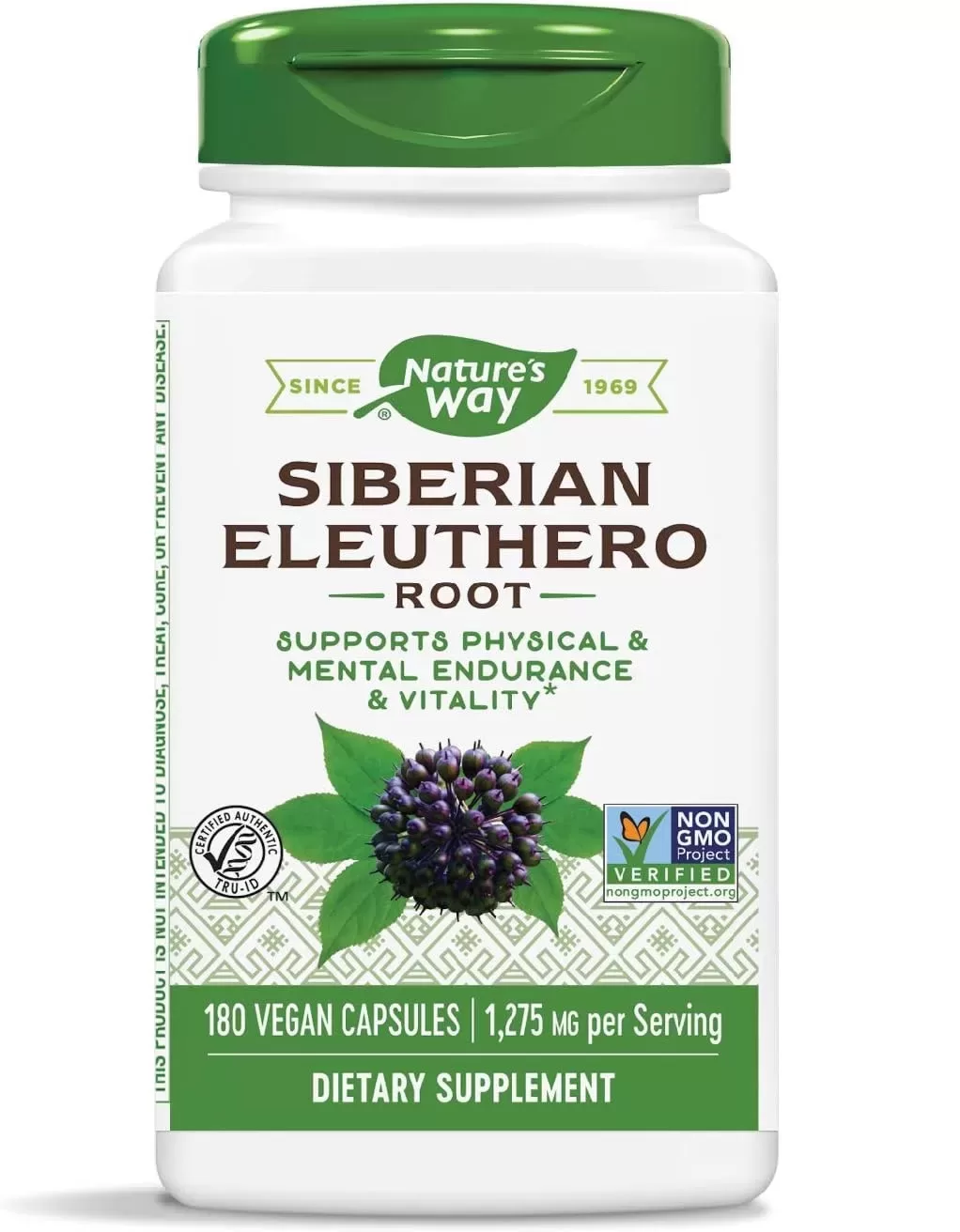A vegan diet, characterized by the exclusion of all animal products, offers numerous health benefits, including significant improvements in digestive health. This plant-based approach can lead to improved regularity thanks to its high fibre for regularity content, reduced inflammation due to the elimination of reduced inflammatory foods like red meat and dairy, and a more diverse and thriving gut microbiome diversity of beneficial bacteria.
If you’re experiencing digestive issues such as bloating, constipation, or discomfort, exploring a vegan diet could be a game-changer. This comprehensive guide will delve into the ways a vegan lifestyle can promote a healthier gut, including how it’s easy on the digestive system, packed with hydrating foods like fruits and vegetables, supports detoxification processes, and helps you identify food intolerances that may be contributing to your digestive woes. Discover how embracing a plant-based approach can pave the way to a happier, healthier gut and overall well-being.High in Fibre for Regularity
A vegan diet tends to be high in fiber because it emphasizes the consumption of plant-based foods, many of which are naturally rich in dietary fiber. Fiber is essential for maintaining regularity in the digestive system as it adds bulk to the stool and aids in its movement through the intestines. Here are some examples of fiber-rich foods commonly included in a vegan diet, along with their approximate fiber content:
| Food | Serving Size | Fiber Content (g) | Percentage of Daily Value (DV) |
| Lentils | 1 cup cooked | 15.6 | 55.7% |
| Black beans | 1 cup cooked | 15 | 53.6% |
| Chickpeas | 1 cup cooked | 12.5 | 44.6% |
| Chia seeds | 1 ounce | 10.6 | 38% |
| Quinoa | 1 cup cooked | 5.2 | 18.5% |
| Broccoli | 1 cup cooked | 5.1 | 17.8% |
| Oats | 1 cup cooked | 4 | 14.3% |
| Apples (with skin) | 1 medium | 4.4 | 15.7% |
| Carrots | 1 cup raw | 3.6 | 13% |
| Brown rice | 1 cup cooked | 3.5 | 12.6% |
Note: The daily value (DV) for fiber is based on a 2,000-calorie diet and is approximately 28 grams per day.
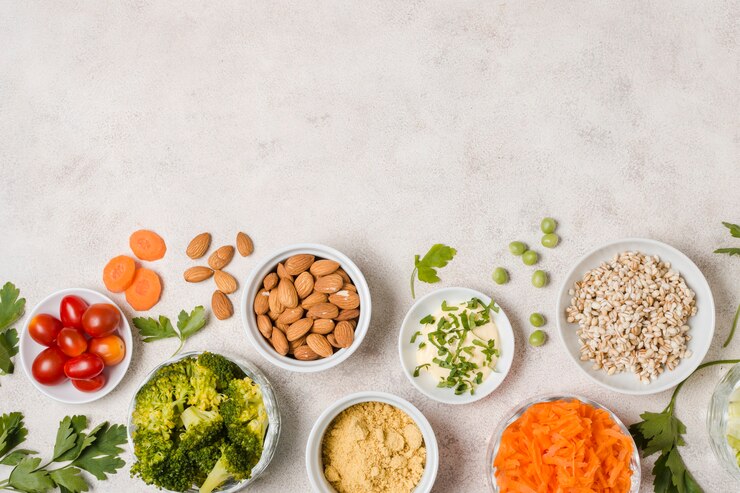
Reduces Inflammatory Foods
A vegan diet can help reduce inflammation in the digestive system because it emphasizes the consumption of anti-inflammatory foods while avoiding pro-inflammatory foods like processed meats and refined sugars. Plant-based foods are rich in antioxidants, phytonutrients, and healthy fats, which help combat inflammation.
Here are some examples of anti-inflammatory foods commonly included in a vegan diet, along with their approximate anti-inflammatory properties:
| Food | Serving Size | Anti-Inflammatory Properties (mg) | Percentage of Daily Value (DV) |
| Blueberries | 1 cup | 24 | 8% |
| Spinach | 1 cup | 12 | 4% |
| Kale | 1 cup | 10 | 3% |
| Broccoli | 1 cup | 8 | 2% |
| Avocado | 1 medium | 20 | 6% |
| Chia seeds | 1 ounce | 15 | 5% |
| Walnuts | 1 ounce | 10 | 3% |
| Olive oil | 1 tablespoon | 10 | 3% |
| Turmeric | 1 teaspoon | 25 | 8% |
| Ginger | 1 teaspoon | 10 | 3% |
Note: The daily value (DV) for anti-inflammatory properties is based on a 2,000-calorie diet and is approximately 100 mg per day.
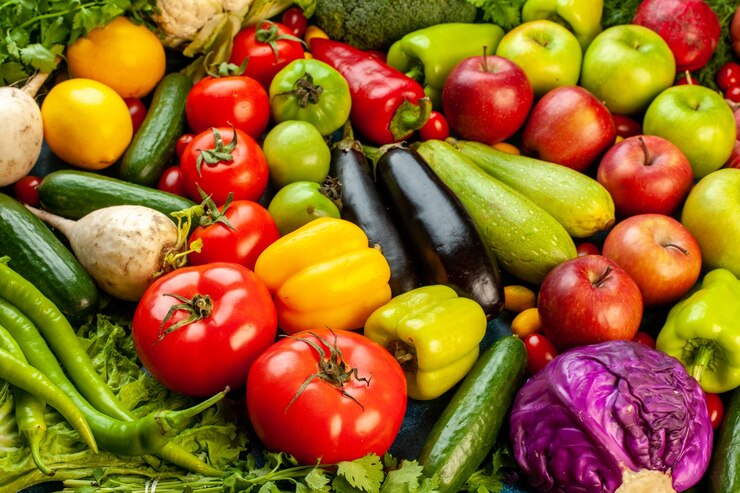
Improves Gut Microbiome Diversity
A vegan diet enhances gut microbiome diversity by including a variety of plant-based foods that are rich in fibers, polyphenols, and prebiotics. These elements support the growth of beneficial bacteria in the gut. Here are some additional vegan foods that contribute to gut microbiome diversity, along with their fiber content and recommended daily intake:
| Food | Serving Size | Fiber Content (g) | Recommended Daily Intake (%) |
| Sweet potatoes | 1 medium | 3.8 | 13.6% |
| Brussels sprouts | 1 cup cooked | 4 | 14.3% |
| Raspberries | 1 cup | 8 | 28.6% |
| Artichokes | 1 medium | 10.3 | 36.8% |
| Flaxseeds | 1 tablespoon | 2.8 | 10% |
| Almonds | 1 ounce | 3.5 | 12.6% |
| Peas | 1 cup cooked | 8.8 | 31.4% |
| Pears (with skin) | 1 medium | 5.5 | 19.6% |
| Barley | 1 cup cooked | 6 | 21.4% |
| Blackberries | 1 cup | 7.6 | 27.1% |
Easy on the Digestive System
A vegan diet can be easier on the digestive system because it includes many foods that are simple to digest and gentle on the stomach. These foods are often lower in fat and rich in nutrients, helping to promote smoother digestion. Here are some examples of easily digestible foods commonly included in a vegan diet, along with their approximate fiber content and recommended daily intake:
| Food | Serving Size | Fiber Content (g) | Recommended Daily Intake (%) |
| Bananas | 1 medium | 3 | 10.7% |
| White rice | 1 cup cooked | 0.6 | 2.1% |
| Potatoes (peeled) | 1 medium | 2.3 | 8.2% |
| Zucchini | 1 cup cooked | 1.2 | 4.3% |
| Cucumber | 1 cup sliced | 0.5 | 1.8% |
| Spinach (cooked) | 1 cup cooked | 4.3 | 15.4% |
| Sweet peppers | 1 cup sliced | 2.5 | 8.9% |
| Watermelon | 1 cup diced | 0.6 | 2.1% |
| Tofu | 1/2 cup | 0.5 | 1.8% |
| Mushrooms | 1 cup cooked | 1.4 | 5% |
These foods can be especially helpful for those who need a diet that’s gentle on their digestive system, such as individuals with certain gastrointestinal conditions. Including these foods in your diet can promote better digestion and overall well-being.
Packed with Hydrating Foods
A vegan diet is packed with hydrating foods because it includes a variety of fruits and vegetables that have high water content. These foods help keep the body and digestive system hydrated, which is crucial for proper digestion and overall health.
Here are some hydrating foods commonly included in a vegan diet, along with their water content and serving size:
| Food | Serving Size | Water Content (%) |
| Cucumber | 1 cup sliced | 95% |
| Lettuce | 1 cup shredded | 96% |
| Strawberries | 1 cup | 91% |
| Cantaloupe | 1 cup diced | 90% |
| Zucchini | 1 cup sliced | 95% |
| Tomatoes | 1 cup chopped | 94% |
| Bell peppers | 1 cup sliced | 92% |
| Pineapple | 1 cup diced | 86% |
| Oranges | 1 medium | 86% |
| Grapefruit | 1/2 medium | 88% |
Incorporating these hydrating foods into your vegan diet can help maintain proper hydration levels, support digestion, and promote overall health.

Supports Detoxification
A vegan diet supports detoxification by including foods that help cleanse the body of toxins and promote overall health. Here are some detoxifying foods commonly included in a vegan diet, along with their serving sizes and detoxification benefits:
| Food | Serving Size | Detoxification Benefits |
| Beets | 1 medium | Supports liver detoxification, removes toxins |
| Ginger | 1 teaspoon | Aids digestion, reduces bloating and gas |
| Lemons | 1 medium | Promotes liver health, aids in detoxification |
| Artichokes | 1 medium | Supports liver function, aids in detoxification |
| Cabbage | 1 cup | Contains antioxidants, supports liver health |
| Brussels sprouts | 1 cup | High in antioxidants, supports liver detox |
| Kale | 1 cup | Rich in antioxidants, supports liver health |
| Turmeric | 1 teaspoon | Anti-inflammatory, supports liver detox |
| Green tea | 1 cup | Antioxidants, supports liver health |
| Garlic | 1 clove | Detoxifies the liver, boosts immune system |
Including these foods in your diet can help support your body’s natural detoxification processes and promote overall digestive health.

Helps Identify Food Intolerances
A vegan diet can help identify food intolerances by promoting a more mindful and intentional approach to eating. Since vegans rely on a variety of plant-based foods, they often become more attuned to how different foods affect their bodies. This heightened awareness can make it easier to identify and eliminate foods that cause digestive discomfort or other symptoms.
Research supports the idea that plant-based diets can help identify food intolerances. For example, a study published in the journal Public Health Nutrition analyzed dietary patterns within vegan eating and found that a more health-conscious vegan diet, which emphasizes whole, unprocessed foods, can help individuals better understand their body’s reactions to different foods.
Additionally, a comprehensive review published in the journal Progress in Cardiovascular Diseases noted that while vegan diets have health benefits, they can also lead to nutritional deficiencies if not properly managed. This highlights the importance of being mindful of food choices and identifying any intolerances or sensitivities that may arise.
Will I Get Enough Protein on a Vegan Diet?
Yes, you can absolutely get enough protein on a vegan diet! It’s a common misconception that plant-based diets lack sufficient protein. In reality, there are plenty of vegan foods that are rich in protein. Here are some excellent sources of plant-based protein:
| Food | Serving Size | Protein Content (g) |
| Lentils | 1 cup cooked | 18 |
| Chickpeas | 1 cup cooked | 14.5 |
| Tofu | 1/2 cup | 10 |
| Tempeh | 1/2 cup | 15 |
| Quinoa | 1 cup cooked | 8 |
| Black beans | 1 cup cooked | 15 |
| Seitan | 3 ounces | 21 |
| Edamame | 1 cup cooked | 17 |
| Chia seeds | 2 tablespoons | 4 |
| Almonds | 1 ounce | 6 |
By incorporating a variety of these foods into your diet, you can easily meet your protein needs. Additionally, it’s beneficial to consume a mix of different protein sources throughout the day to ensure you get a complete amino acid profile.
So, no need to worry about protein! With a bit of planning and variety, a vegan diet can provide all the protein your body needs to thrive.
Why Work with a Nutrition and Gut Specialist?
Working with a nutrition and gut specialist can offer numerous benefits, especially if you’re looking to improve your overall health, address specific digestive issues, or optimize your diet. Here are some reasons why consulting with a specialist can be advantageous:
- Personalized Guidance: A specialist can provide customized dietary recommendations based on your unique needs, lifestyle, and health goals. This personalized approach can be more effective than generic advice.
- Identifying Food Intolerances: Specialists can help you identify and manage food intolerances or allergies that might be causing digestive discomfort or other health issues. They can guide you through elimination diets and food reintroduction phases.
- Nutritional Deficiencies: If you’re experiencing symptoms of nutrient deficiencies, a specialist can help identify the root causes and suggest dietary adjustments or supplements to address these gaps.
- Improving Gut Health: A gut specialist can offer strategies to enhance your gut microbiome diversity, improve digestion, and reduce inflammation, which can lead to better overall health.
- Support and Accountability: Working with a specialist provides ongoing support and accountability, making it easier to stay on track with your dietary changes and health goals.
- Evidence-Based Advice: Specialists use the latest research and evidence-based practices to inform their recommendations, ensuring you receive the most accurate and up-to-date information.
- Managing Chronic Conditions: If you have a chronic condition like IBS, Crohn’s disease, or other digestive disorders, a specialist can help you manage symptoms and improve your quality of life through tailored dietary strategies.
- Long-Term Health: Investing in your nutrition and gut health can lead to long-term benefits, including better energy levels, improved mood, enhanced immune function, and reduced risk of chronic diseases.
If you have specific concerns about your diet or digestive health, working with a specialist can provide the expert guidance and support you need to achieve your health goals.
How a Nutrition Gut Specialist Can Help
A nutrition and gut specialist can provide invaluable assistance in numerous ways, particularly when it comes to optimizing your digestive health and overall well-being. Here’s how they can help:
- Personalized Nutrition Plans: They can design a tailored nutrition plan based on your individual health needs, lifestyle, and dietary preferences, ensuring you get the right nutrients for optimal gut health.
- Detoxification Support: They can guide you through safe and effective detoxification protocols to help eliminate toxins from your body and support liver function.
- Hydration and Nutrient Absorption: Ensuring you stay hydrated and absorb nutrients efficiently can be a focus, with recommendations for hydrating foods and supplements as needed.
- Behavioral and Lifestyle Changes: Beyond just diet, they can suggest lifestyle modifications that support gut health, such as stress management techniques, proper sleep habits, and regular physical activity.
- Education and Empowerment: Specialists educate you about the connection between diet and gut health, empowering you to make informed decisions and take control of your digestive health.
Consulting with a nutrition and gut specialist can be a proactive step toward achieving better digestive health and overall wellness. If you have any specific concerns or goals, they can provide the expertise and support you need to address them effectively.
A Vegan Diet Saves More Than Money
Absolutely! A vegan diet offers numerous benefits that go beyond saving money. Here are some key advantages:
- Health Benefits: A vegan diet can improve overall health by reducing the risk of chronic diseases such as heart disease, diabetes, and certain cancers. It also promotes better digestion, weight management, and energy levels.
- Environmental Impact: Veganism has a lower carbon footprint compared to diets that include animal products. It reduces greenhouse gas emissions, water usage, and deforestation, contributing to a more sustainable planet.
- Animal Welfare: By choosing a vegan diet, you help reduce the demand for animal products, which in turn decreases animal suffering and promotes a more humane approach to food production.
- Nutrient-Rich Foods: A vegan diet encourages the consumption of a wide variety of fruits, vegetables, whole grains, nuts, and seeds, which are packed with essential vitamins, minerals, and antioxidants that support overall health and well-being.
- Boosts Creativity in the Kitchen: Adopting a vegan diet can inspire you to explore new recipes, ingredients, and cooking techniques, making mealtime more exciting and varied.
- Community and Advocacy: Joining the vegan movement connects you with a community of like-minded individuals who are passionate about health, the environment, and animal rights. It also allows you to advocate for positive changes in food systems and policies.
Overall, a vegan diet can have a profound positive impact on your health, the planet, and animal welfare, making it a powerful choice for a better world.

Ready to Get Started?
If you’re excited to embark on a journey towards better health and well-being, you’re in the right place! Trish Tucker-May offers invaluable resources to help you optimize your diet, improve gut health, and discover the benefits of a plant-based lifestyle. With her expert guidance, you can unlock a new level of vitality and wellness.
Discover the transformative power of Trish Tucker-May’s Time To Nourish Gut Healing Program. This comprehensive, DIY program is meticulously crafted to help you achieve optimal gut health and overall well-being. By following Trish’s expert guidance, you’ll learn how to nourish your gut with the right foods, identify and manage food intolerances, and adopt lifestyle changes that support a healthy digestive system. The program is designed to be accessible and practical, making it easy to incorporate these beneficial practices into your daily routine.
Trish’s courses are designed to be accessible, informative, and practical, empowering you to take control of your health. Whether you’re looking to make small changes or completely transform your diet, Trish provides the support and knowledge you need to succeed.
Ready to get started on your health journey? Head over to Trish’s Website and explore her offerings today!


